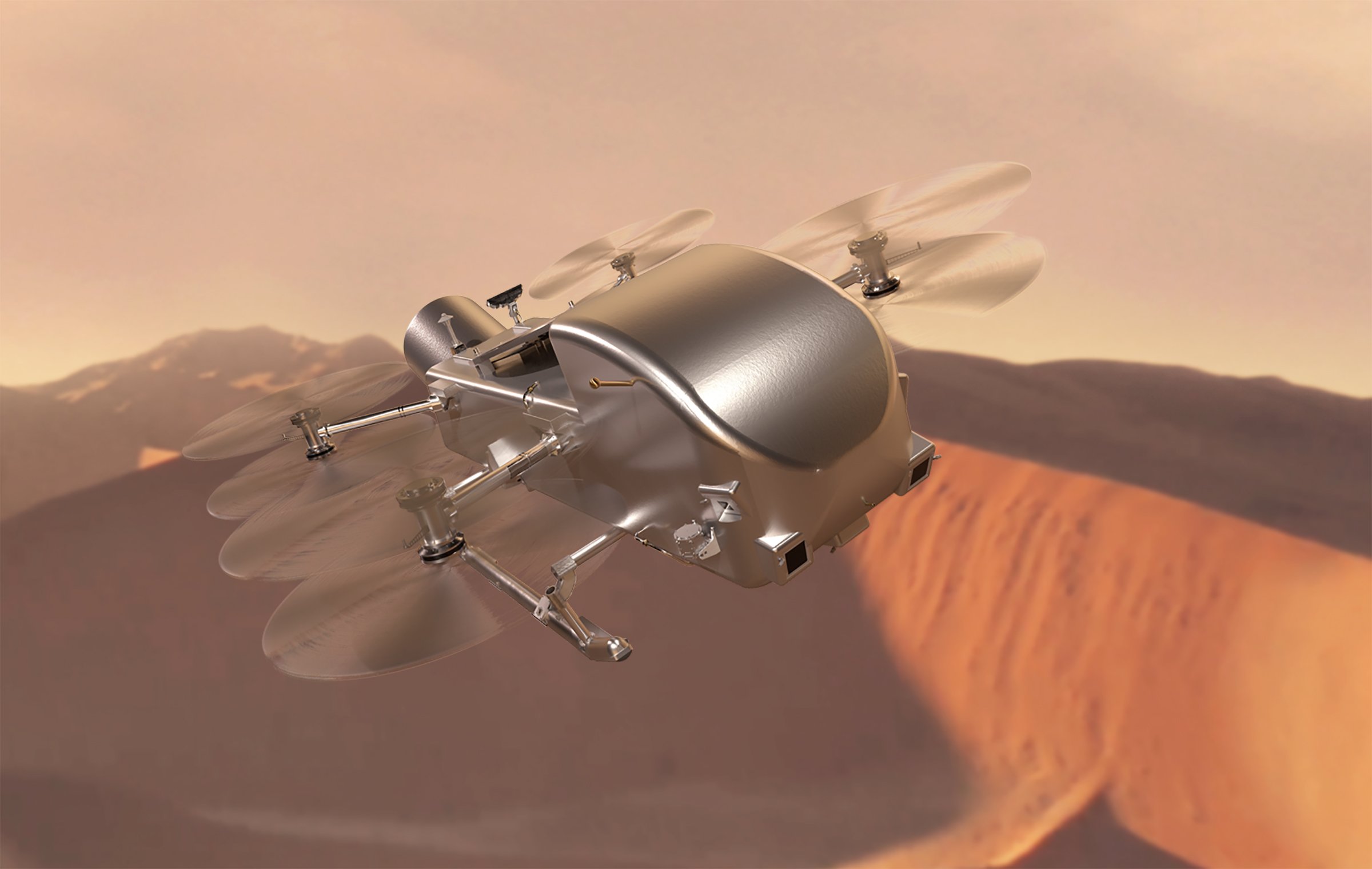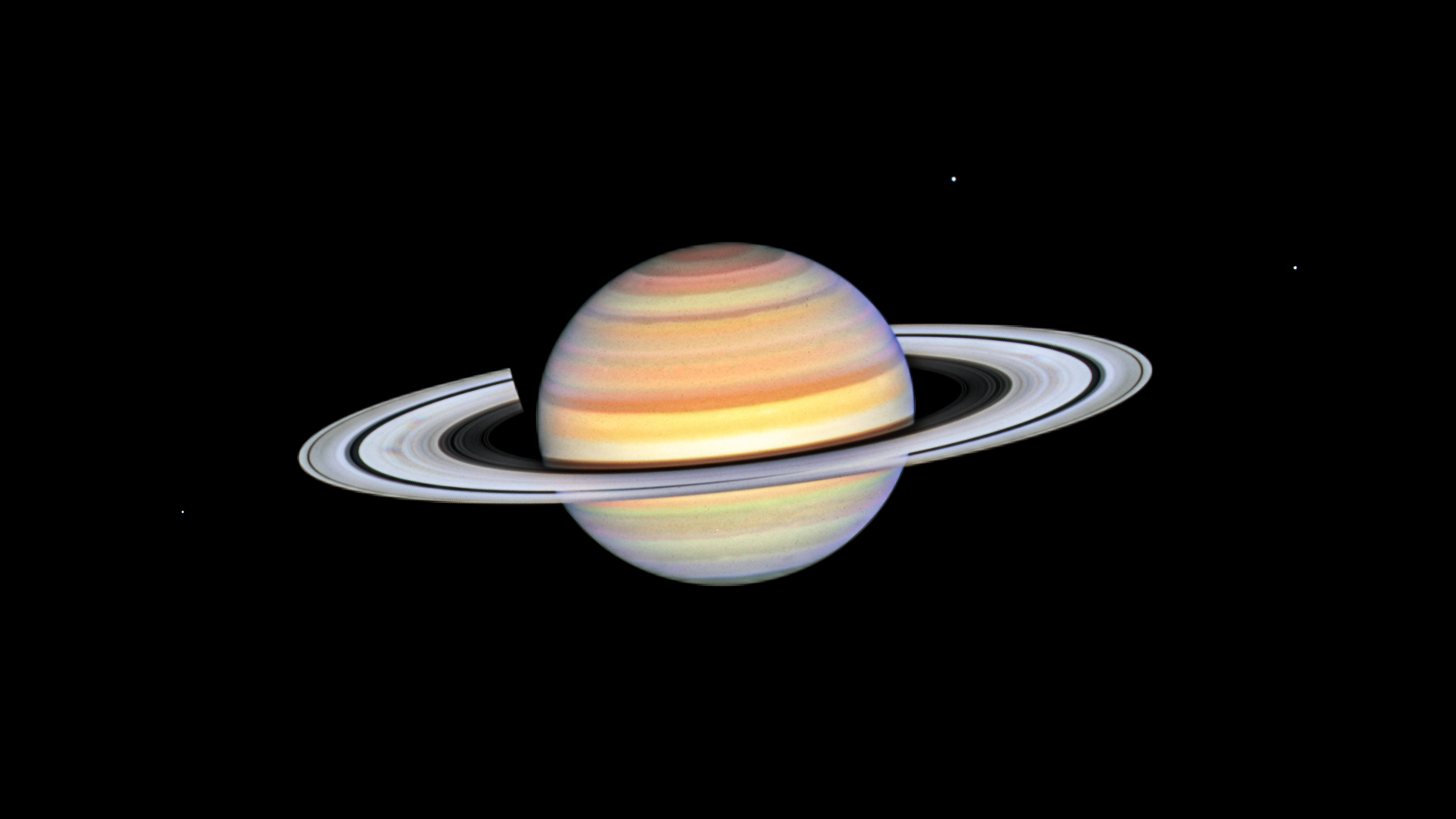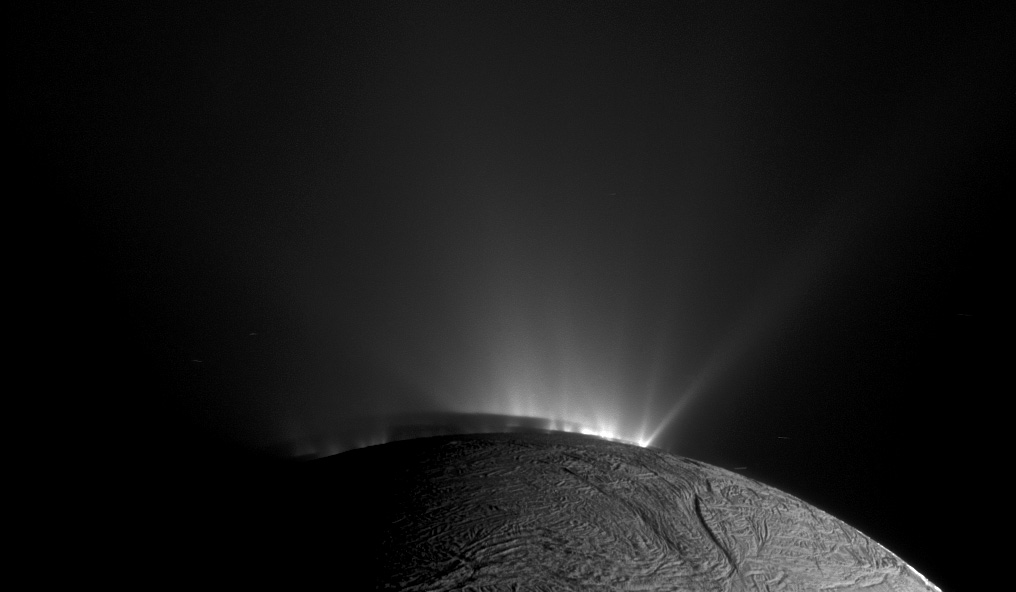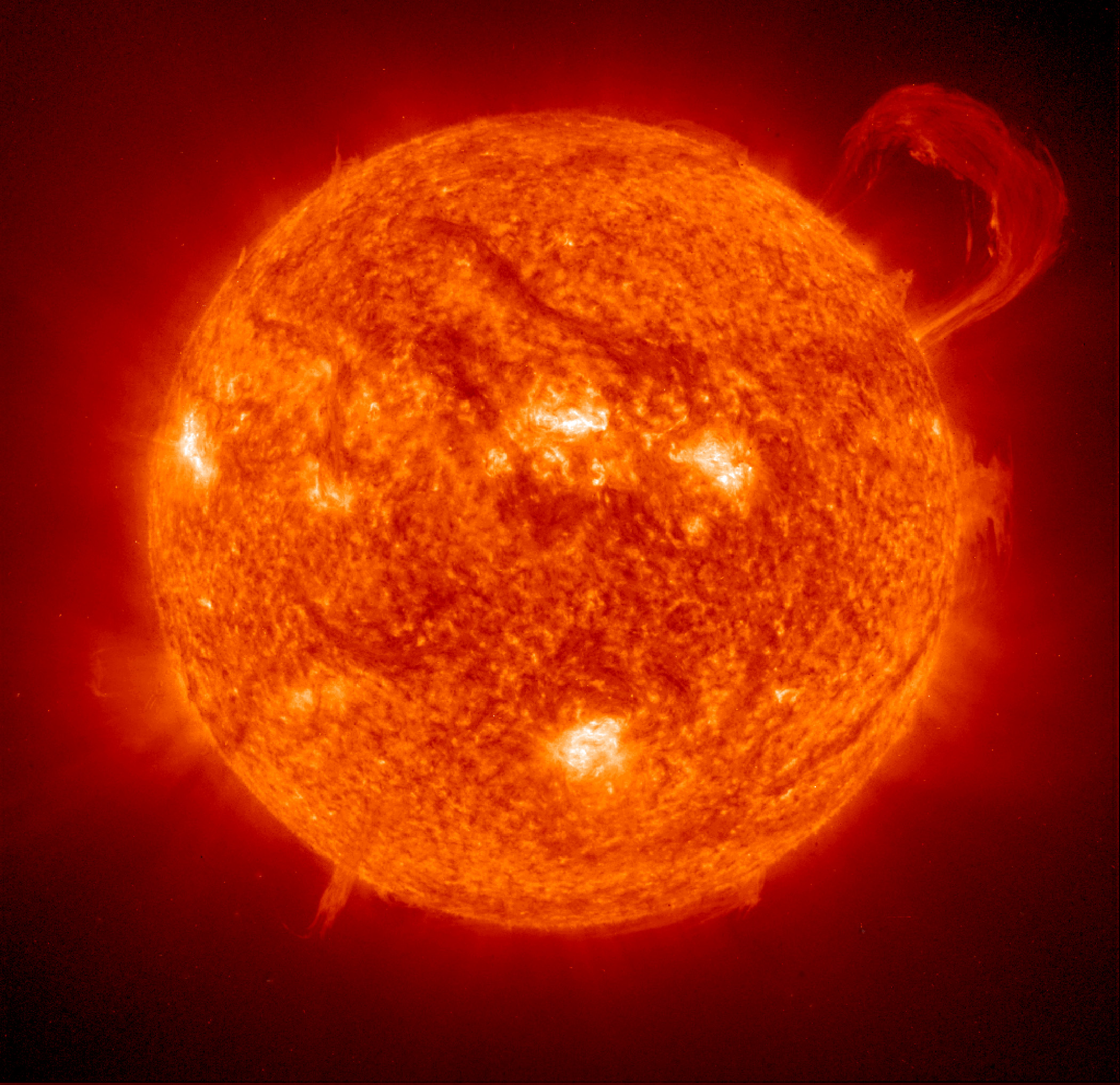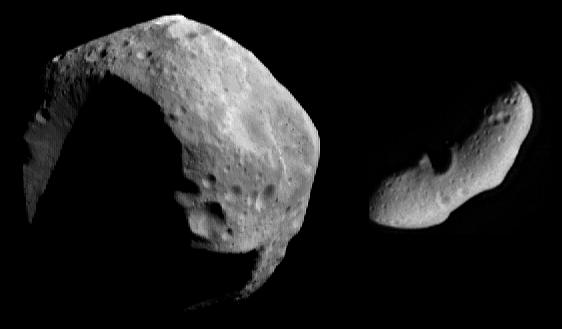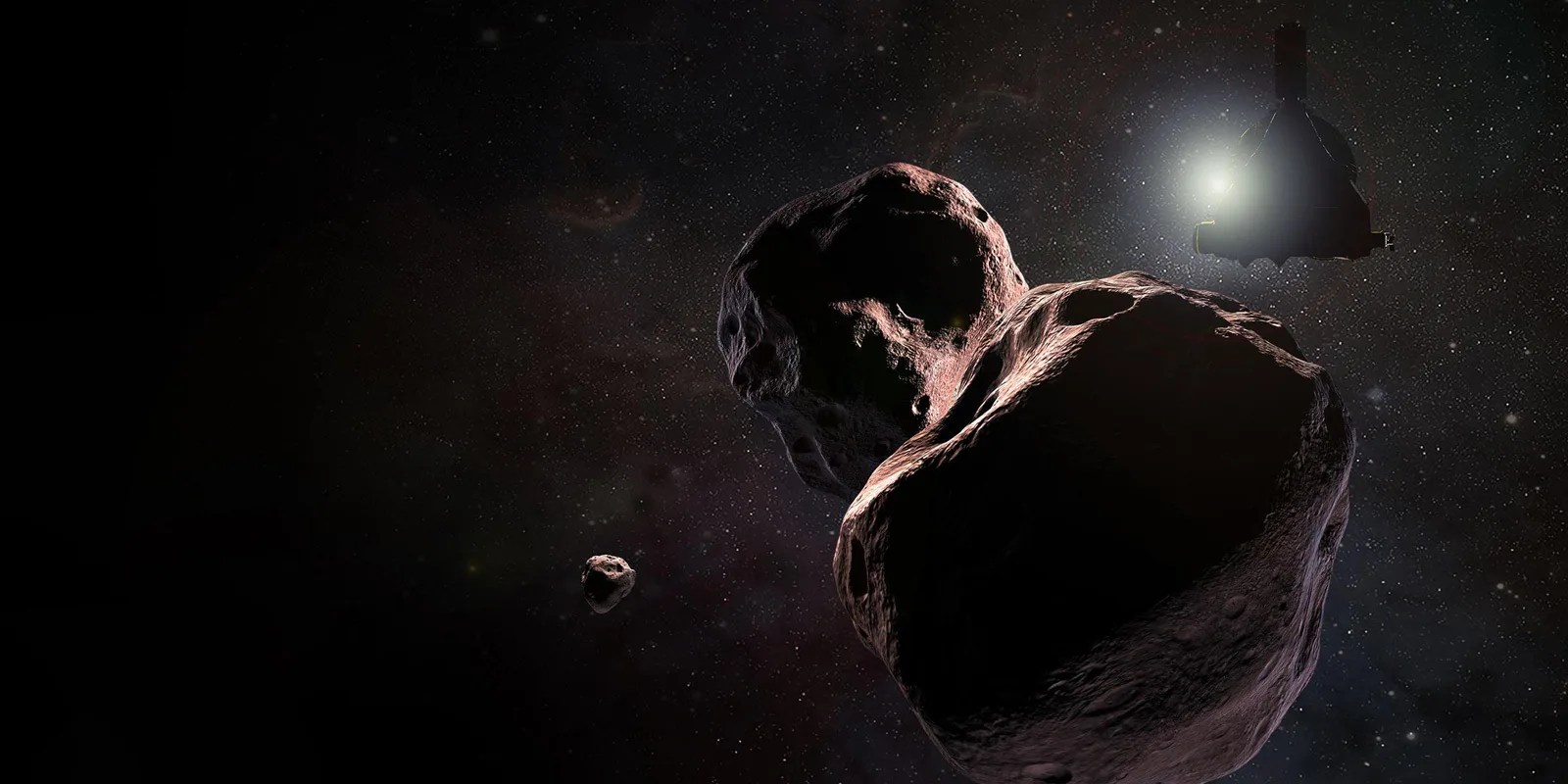2 min read
Cassini Significant Event Report
For Week Ending 06/28/02
The most recent spacecraft telemetry confirms the Cassini spacecraft is in an excellent state of health and is operating normally. Cassini will continue 24-hour Deep Space Network coverage in support of the Radio Science Subsystem Solar Conjunction Experiment until its conclusion on July 7th. Information on the spacecraft's position and speed can be viewed on the "Present Position" web page.
A minimum separation angle of .437 degrees was reached on Friday June 21.
On-board activities this week included Radio and Plasma Wave Science Subsystem (RPWS) periodic instrument maintenance, start of execution for the second RPWS looper command, an autonomous Command and Data Subsystem (CDS) solid state recorder memory load partition repair, completion of uplink of Radio Frequency Subsystem (RFS) conjunction test commands, and uplink of a command to clear the CDS library command error logs as a result of expected accumulation of log entries during the RFS conjunction test uplinks.
The 28th Project Science Group meeting is being held this week in Lisbon, Portugal.
Frame kernel version 34, and version 9 of the Cassini Infrared Spectrometer (CIRS) instrument kernel were delivered to the Mission Sequence Subsystem for inclusion in software version D8.0.1. The frame kernel includes calibrated boresights for the Ultraviolet Imaging Spectrograph Subsystem, CIRS, Visual and Infrared Mapping Spectrometer Subsystem, Imaging Science Subsystem, and the high gain antenna. The CIRS field of view was redefined in the instrument kernel.
The Spacecraft Office has identified the final inputs for system fault protection to be uplinked with CDS flight software version 9 in the spring of 2003.
Delivery review meetings were held for Mission Sequence Subsystem D8.0.1 and the AACS C-Kernel Generation Tool.
Additional information about Cassini-Huygens is online at http://saturn.jpl.nasa.gov.
Cassini will begin orbiting Saturn on July 1, 2004, and release its piggybacked Huygens probe about six months later for descent through the thick atmosphere of the moon Titan. Cassini-Huygens is a cooperative mission of NASA, the European Space Agency and the Italian Space Agency. JPL, a division of the California Institute of Technology in Pasadena, manages the mission for NASA's Office of Space Science, Washington, D.C.
Media Relations Office
Jet Propulsion Laboratory
California Institute of
Technology
National Aeronautics and Space
Administration
Pasadena, Calif. 91109.
Telephone (818) 354-5011

